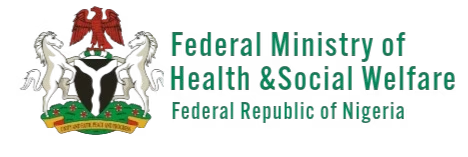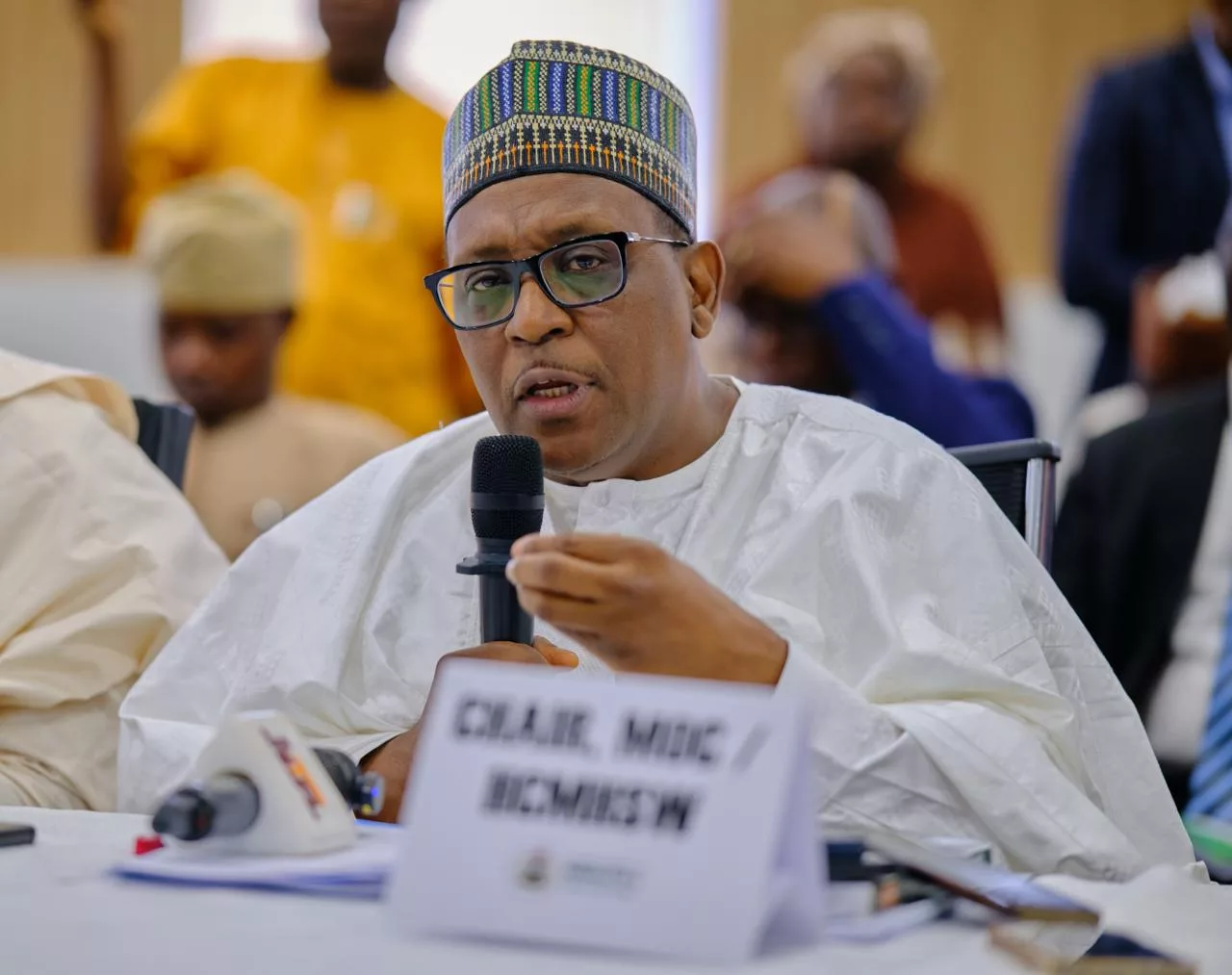The Federal Government has approved the disbursement of ₦32.9 billion under a revised funding framework for the Basic Health Care Provision Fund (BHCPF), aimed at expanding access to quality primary healthcare services and improving transparency in resource utilisation.
The announcement was made at the 12th Ministerial Oversight Committee (MOC) meeting of the Federal Ministry of Health and Social Welfare (FMOHSW), held on Wednesday in Abuja.
Coordinating Minister of Health and Social Welfare and Chairman of the MOC, Professor Muhammad Ali Pate, also unveiled the BHCPF 2.0 Revised Guideline, a policy instrument designed to ensure equitable, efficient and accountable delivery of basic health services across the country.
He said the ₦32.9 billion disbursement would be completed before the end of October 2025 and would support over 8,000 primary health care centres nationwide, with expansion to 13,000 facilities under the new phase of the programme.
Professor Pate explained that the new guideline increases quarterly allocations to primary healthcare centres to cover essential operational costs, health worker incentives, emergency services and essential drugs.
He noted that stronger accountability measures are in place, including stricter public interest protocols and conflict-of-interest rules. A joint task force, in collaboration with the Independent Corrupt Practices and Other Related Offences Commission (ICPC), has also been activated to monitor fund utilisation at the grassroots level.
He further disclosed that a digital transformation process has been initiated to improve service delivery and data tracking. According to him, an end-to-end digital platform for the National Emergency Medical Treatment Committee (NEMTC) will go live within two weeks, while state health insurance agencies are now required to deploy claims tracking systems and submit quarterly progress reports.
On data governance, Professor Pate said the government is institutionalising Data Quality Assessments (DQAs) to improve the accuracy of national health records. He directed states to submit lists of beneficiaries with verified National Identification Numbers (NIN) to the National Health Insurance Authority (NHIA) by December 2025 to promote traceability and eliminate duplication.
Highlighting progress made so far through the BHCPF, he revealed that Nigeria has recorded a fourfold increase in the utilisation of primary healthcare services, with more than 80 million patient visits recorded in the first two quarters of 2025. He added that over 21 million Nigerians have accessed services through the Vulnerable Groups Health Insurance Fund, while more than 15,000 women have benefited from emergency obstetric care reimbursements.
Professor Pate reported that maternal health outcomes are gradually improving, with a 12 per cent reduction in maternal mortality recorded at facility level since the commencement of BHCPF reforms.
He also said immunisation services have expanded significantly, with the ongoing integrated measles, rubella and polio campaign achieving 92 per cent coverage in northern states.
Minister of State for Health, Dr Iziaq Adekunle Salako, noted during the meeting that BHCPF-supported healthcare facilities have demonstrated stronger performance than those without access to the fund.
He said recent assessments show higher levels of service utilisation and improved delivery indicators, emphasising the need to expand funding to cover more facilities.
He added that the federal government will collaborate with the National Assembly and key stakeholders to increase investments in primary healthcare through the BHCPF.
Other speakers at the meeting commended the reforms under BHCPF 2.0. Ogun State Commissioner for Health, Dr Tomi Coker, said the introduction of unique patient identifiers such as the NIN has improved data quality and service tracking. She noted that reforms have shifted healthcare delivery from policy rhetoric to measurable results, adding that subnational governments now receive the technical support required to ensure value for money.
Representatives of development partners also expressed confidence in the BHCPF framework. WHO Country Representative, Dr Pavel Ursu, applauded the fund’s governance structure and said Nigeria’s progress is being driven by evidence-based decision-making and accountability. UNICEF representatives reaffirmed their support for scaling up BHCPF interventions to reach more women and children.
Similarly, the Executive Director of the National Primary Health Care Development Agency (NPHCDA), Dr Muyi Aina, stated that public confidence in the health system has grown, with over 40 million patient visits now recorded at PHCs every quarter. He disclosed that ₦14 billion was disbursed in the last two quarters to 8,304 PHCs under the NPHCDA gateway and announced that an additional 5,212 facilities would be added in partnership with states using equity criteria.
Also speaking, Chairman of the National Emergency Medical Treatment Committee (NEMTC), Dr Ismaila Musa Jibrin, said BHCPF support has boosted emergency response systems nationwide. He revealed that over 11,000 emergency patients, including pregnant women and newborns, were transported to health facilities in the last quarter.
He added that the Rural Emergency Transport Scheme now operates in over 150 local government areas and will soon be expanded to conflict-prone communities.
The meeting brought together representatives of state governments, development partners and civil society organisations, who pledged continued collaboration with the federal government to accelerate progress toward universal health coverage in Nigeria.
Alaba Balogun
Head, Information & Public Relations
23 October 2025




